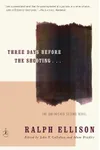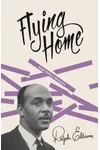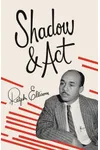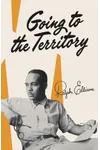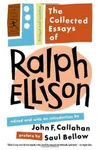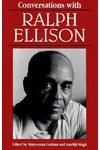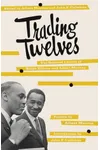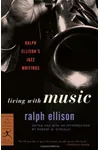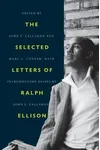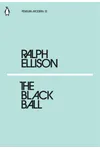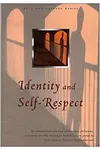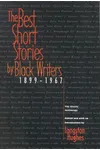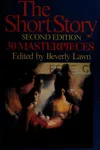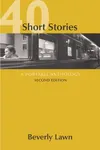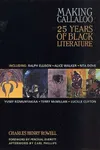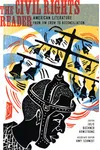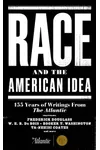Picture an American storyteller who turned the complexities of identity into a literary masterpiece—meet Ralph Ellison! Born in 1914, this Oklahoma City native crafted Invisible Man, a novel that shook the literary world with its raw exploration of race and individuality. With a flair for blending jazz-like prose and piercing social commentary, Ellison became a towering figure in 20th-century literature.
From his early days as a musician to his celebrated essays, Ellison’s life was as vibrant as his writing. Let’s dive into the journey of a man whose words still resonate today!
The Making of Ralph Ellison
Ralph Waldo Ellison grew up in Oklahoma City, steeped in a community rich with music and culture. Named after the transcendentalist Ralph Waldo Emerson, he was destined for greatness. His early love for jazz and classical music shaped his rhythmic writing style. After losing his father at age three, Ellison faced financial struggles but found solace in books and trumpet playing. He attended Tuskegee Institute in Alabama, studying music, but a fateful trip to New York City in 1936 changed everything. There, he met literary giants like Langston Hughes and Richard Wright, sparking his shift from music to writing.
Ralph Ellison’s Unforgettable Stories
Ellison’s 1952 novel, Invisible Man, is his magnum opus. This groundbreaking work follows an unnamed Black protagonist navigating a world that refuses to see him, tackling themes of racial invisibility and personal identity. Its vivid prose and universal resonance earned it the National Book Award in 1953. Unlike the protest novels of his time, Ellison’s work wove existential questions with sharp social critique, making it timeless.
Beyond fiction, Ellison shone in essays like Shadow and Act (1964), a collection exploring race, culture, and art. His short stories, such as “Flying Home,” showcased his knack for blending folklore with modernism. Though he published only one novel in his lifetime, his unfinished second novel, Juneteenth, was posthumously released in 1999, revealing his continued grappling with American identity. Ellison’s style—lyrical, layered, and jazz-infused—set him apart as a literary innovator.
Why Ralph Ellison Matters
Ralph Ellison’s impact transcends literature. Invisible Man remains a cornerstone of American studies, inspiring generations to confront issues of race and selfhood. His essays shaped cultural criticism, blending personal insight with societal analysis. As a professor at institutions like New York University, Ellison mentored young writers, leaving a lasting academic legacy. His work continues to spark conversations about identity and belonging in a divided world.
About Ralph Ellison
- Born: March 1, 1914, in Oklahoma City, Oklahoma
- Key Work: Invisible Man (1952), National Book Award winner
- Notable Essays: Shadow and Act (1964)
- Died: April 16, 1994, in New York City
Ready to explore Ellison’s world? Grab Invisible Man and lose yourself in his powerful, jazz-infused prose!


